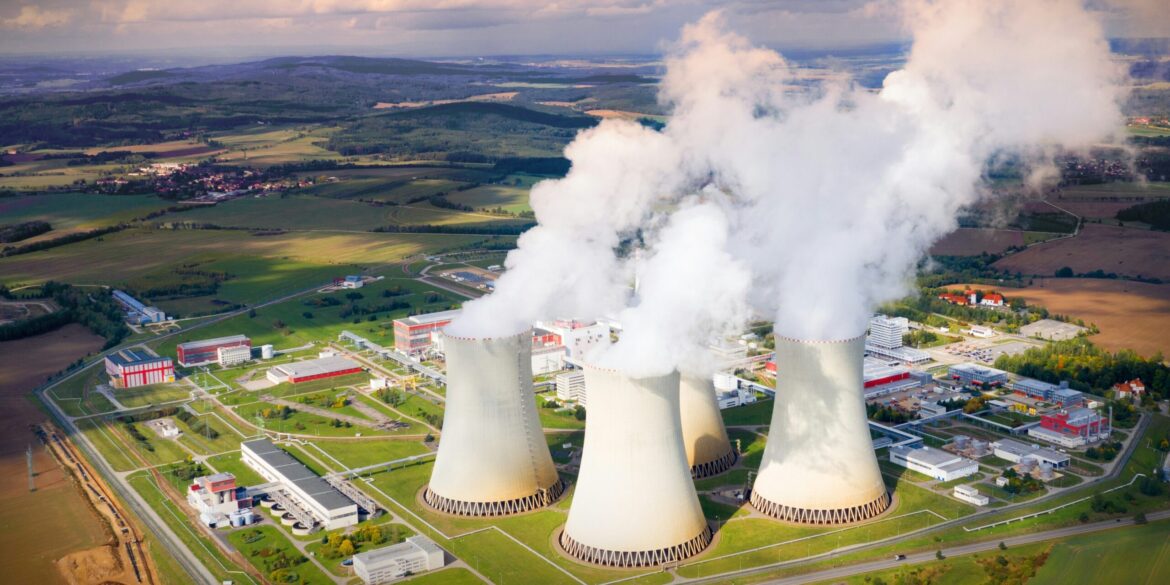The Trump administration’s proposal to phase out tax credits for solar and wind energy over the next three years has ignited a heated national debate. Embedded in the Senate’s version of the “One Big Beautiful Bill Act,” the proposal aims to redirect tax incentives away from renewable energy sources like wind and solar, and toward hydropower, nuclear, and geothermal energy. This move marks a sharp departure from the policies outlined in the 2022 Inflation Reduction Act, which extended subsidies for clean energy sources through 2032.
If passed, the bill would significantly alter the landscape of the renewable energy sector, potentially curbing investments and jeopardizing jobs. Solar companies such as First Solar, SolarEdge, and Sunrun have already seen their stock values drop by alarming margins—22%, 42%, and 44%, respectively. Advocates for renewable energy argue that such drastic changes could stifle growth in an industry that has been a key player in the fight against climate change and a driver of job creation in recent years.
The proposal has drawn sharp criticism from environmental groups, climate advocates, and industry insiders. These opponents warn that dismantling subsidies for solar and wind power could undermine efforts to reduce the nation’s carbon emissions, as well as hinder the United States’ progress toward a sustainable and diverse energy portfolio. “We cannot afford to step back from investments that reduce emissions and protect future generations,” said one industry leader. “The renewable energy sector has made tremendous strides in recent years, and this policy threatens to reverse that progress.”
Political Divide Over Energy Priorities
The proposal also reflects a growing divide over America’s energy future, where traditional energy sources like nuclear and hydropower are increasingly viewed as viable alternatives to fossil fuels. Senator Mike Crapo, a key proponent of the bill and co-chairman of the Senate Nuclear Cleanup Caucus, has defended the bill, arguing that the subsidies for clean energy are no longer necessary. He maintains that nuclear and hydropower, once considered less economically feasible, have become more competitive and should receive the focus of future energy incentives.
“We need to recognize that nuclear, hydropower, and geothermal are the energy sources that can power this country in a sustainable way,” said Crapo in a recent statement. “The government’s focus should be on ensuring that these technologies get the support they need to grow.”
However, critics of the bill argue that the shift in focus risks ignoring the environmental benefits of solar and wind power, which continue to make significant strides in reducing greenhouse gas emissions. The 2022 Inflation Reduction Act, which provided an extension of tax credits for solar, wind, and other renewable energy technologies, was hailed by many as a victory for climate action. The new proposal threatens to unravel this progress and create uncertainty in an industry that has seen explosive growth in recent years.
Industry Impact and Investor Confidence
The potential impact on investor confidence in renewable energy companies is a growing concern. Many industry analysts warn that the policy change could disrupt the rapidly expanding clean energy market, with stock prices of leading solar and wind companies already reflecting investor trepidation. With companies like First Solar, SolarEdge, and Sunrun witnessing substantial losses, the broader clean energy sector is facing a period of volatility.
“Investor uncertainty is a major risk here,” said energy analyst Sarah Thompson. “The renewable energy market has grown significantly in recent years, and these tax incentives have played a large role in attracting investment. If these incentives are removed, we may see a slowdown in investments and a shift in focus toward other energy technologies.”
The debate over the proposal also highlights a broader concern: the need for long-term energy policy stability. With climate change an increasingly urgent issue and the need for cleaner energy growing by the day, many experts argue that consistent and predictable policies are essential to ensuring continued progress in clean energy development. Removing subsidies for renewable energy, they argue, would send a message of uncertainty to investors and innovators, potentially slowing the transition to a cleaner, more sustainable energy grid.
Tensions Rise as Senate Vote Approaches
As the Senate prepares to vote on the bill, both supporters and opponents are ramping up their efforts to sway undecided members of Congress. While the bill has strong backing from those in favor of nuclear and hydropower energy, its opponents argue that the proposal is a step backward for environmental policy. “This is a moment of reckoning for the Senate,” said one renewable energy advocate. “The country is watching to see whether we will continue to lead the world in clean energy, or whether we will regress to outdated and harmful energy policies.”
The outcome of the vote remains uncertain, with the bill facing stiff opposition from environmental groups, renewable energy companies, and some members of Congress. As both sides mobilize to influence the decision, the debate underscores the ongoing tension between economic interests, environmental concerns, and the nation’s energy future.
This debate is not just about policy; it’s a reflection of the broader national conversation about how to balance the need for sustainable energy with the practical considerations of cost, job creation, and technological feasibility. As the world increasingly moves toward cleaner energy, the decisions made in the U.S. Senate will play a crucial role in shaping the nation’s energy future.

